This Regulation therefore provides a framework for compelling access to data from very large online platforms and very large online search engines to vetted researchers affiliated to a research organisation within the meaning of Article 2 of Directive (EU) 2019/790, which may include, for the purpose of this Regulation, civil society organisations that are conducting scientific research with the primary goal of supporting their public interest mission. All requests for access to data under that framework should be proportionate and appropriately protect the rights and legitimate interests, including the protection of personal data, trade secrets and other confidential information, of the very large online platform or of the very large online search engine and any other parties concerned, including the recipients of the service. However, to ensure that the objective of this Regulation is achieved, consideration of the commercial interests of providers should not lead to a refusal to provide access to data necessary for the specific research objective pursuant to a request under this Regulation. In this regard, whilst without prejudice to Directive (EU) 2016/943 of the European Parliament and of the Council1, providers should ensure appropriate access for researchers, including, where necessary, by taking technical protections such as through data vaults. Data access requests could cover, for example, the number of views or, where relevant, other types of access to content by recipients of the service prior to its removal by the providers of very large online platforms or of very large online search engines.
- Directive (EU) 2016/943 of the European Parliament and of the Council of 8 June 2016 on the protection of undisclosed know-how and business information (trade secrets) against their unlawful acquisition, use and disclosure (OJ L 157, 15.6.2016, p. 1). [↩]
